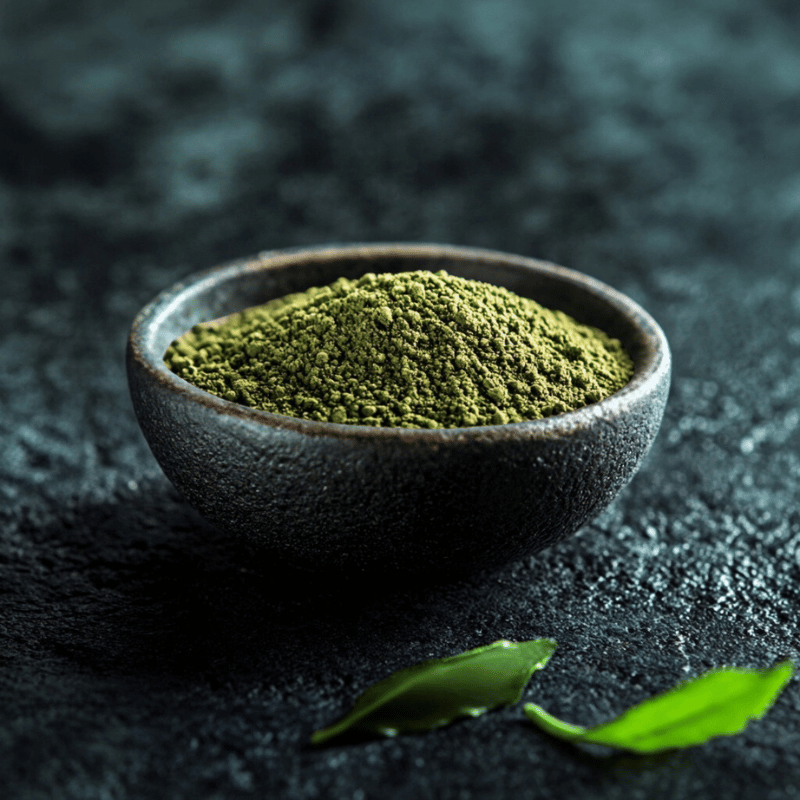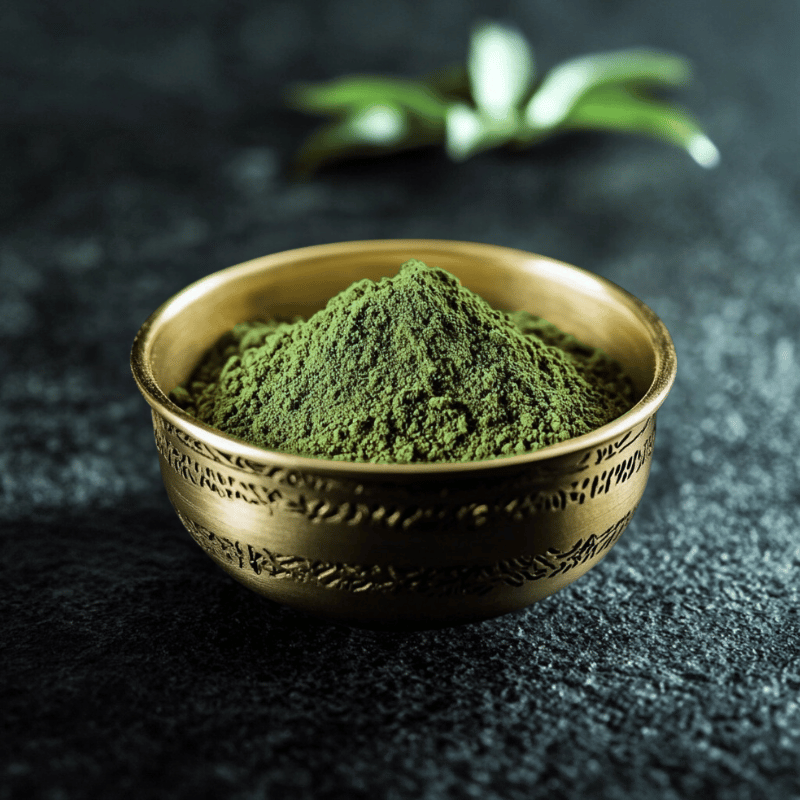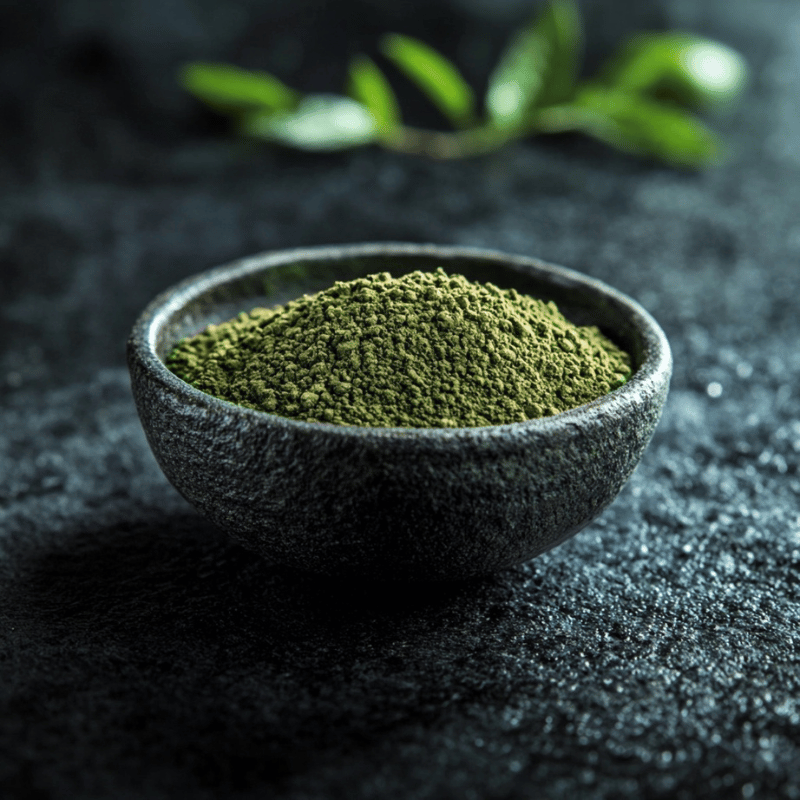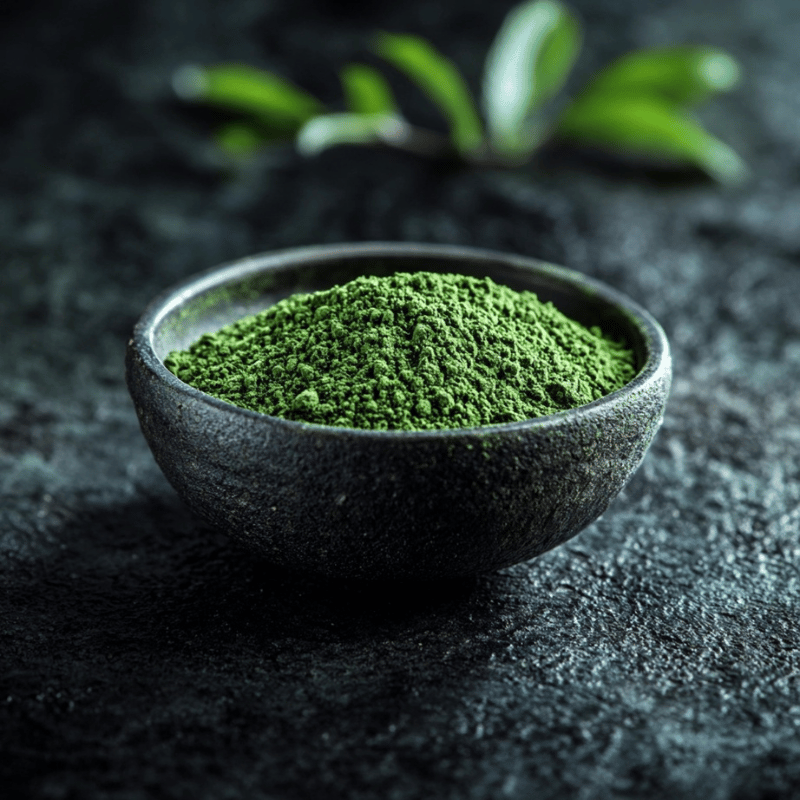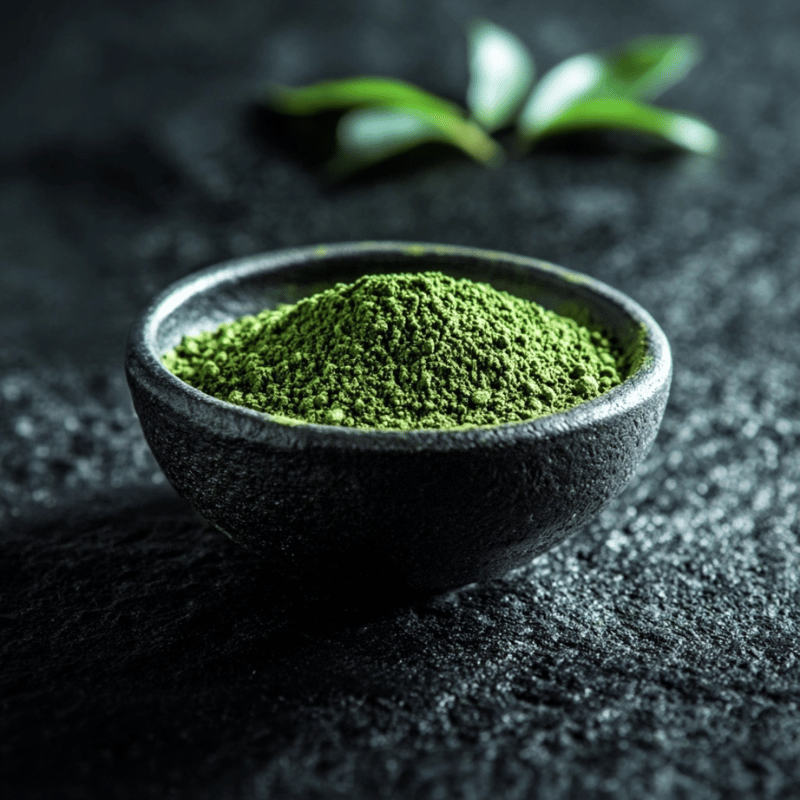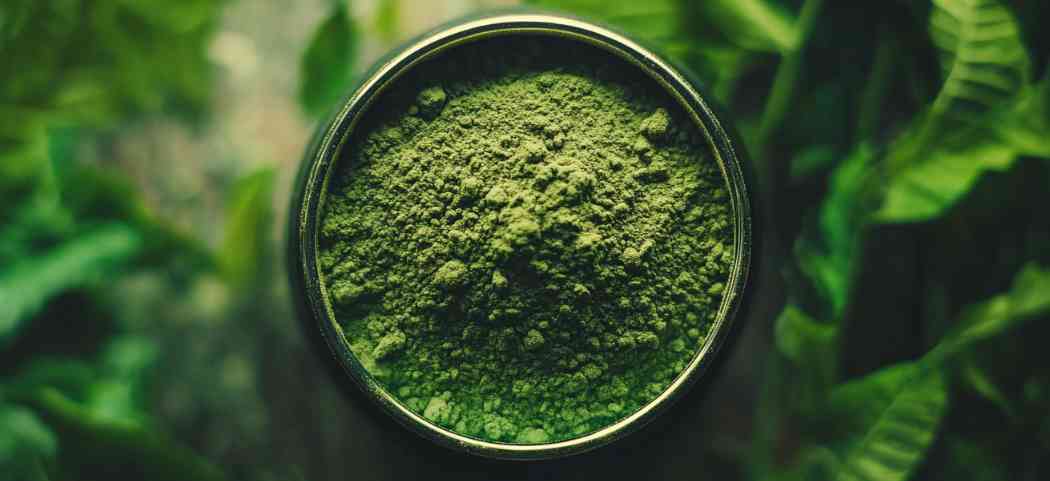Kratom
Ist Kratom in Europa legal?
Kratom, a tropical plant native to Southeast Asia, has varying legal statuses across Europe. The European Union does not have a unified stance on kratom, leaving each member state to establish its own regulations. This results in a complex legal landscape for consumers and vendors.
Here’s an overview of kratom’s legal status in various European countries:
Albania
Legal: Kratom is currently not a controlled substance in Albania, making it legal.
Andorra
No Information Available: There is no specific information regarding kratom’s legality in Andorra.
Austria
Legal: Kratom is not classified as a controlled substance in Austria, thus it is legal.
Belarus
Illegal: Kratom is included in the list of prohibited narcotic drugs and psychoactive substances in Belarus, making it illegal.
Belgium
Illegal: As of June 1, 2024, kratom is prohibited in Belgium.
Bosnia and Herzegovina
Legal: Kratom is not a controlled substance in Bosnia and Herzegovina, making it legal.
Bulgaria
Illegal: Since 2011, kratom has been banned in Bulgaria under the Regulation on classification of plants and substances as narcotics.
Croatia
Illegal: Kratom and its main component, mitragynine, are listed as narcotics in Croatia. Personal use is treated as a misdemeanor, leading to potential fines.
Cyprus
Illegal: Kratom has been illegal in Cyprus since April 2021.
Czech Republic
Legal: Kratom is currently legal in the Czech Republic, though discussions about regulation are ongoing.
Denmark
Illegal: Kratom and its main components are classified as controlled substances in Denmark, prohibiting their sale, importation, possession, and use.
Estonia
Illegal: Kratom and its main components are included in the list of prohibited narcotics and psychotropic substances in Estonia.
Finland
Controlled Substance: Kratom is classified as a psychoactive substance in Finland. Importing, storing, or selling it is prohibited, but possession and use are not penalized.
France
Illegal: Kratom and its main components are listed as psychotropic substances in France, making them illegal.
Germany
Legal: Kratom is legal in Germany, provided products are labeled as not for human consumption.
Greece
Legal: Kratom is not a controlled substance in Greece, thus it is legal.
Hungary
Legal: Kratom is not classified as a controlled substance in Hungary, making it legal.
Iceland
Illegal: Kratom is a controlled substance in Iceland, prohibiting its import, sale, possession, and use.
Ireland
Illegal: The main components of kratom are prohibited in Ireland under the Misuse of Drugs regulations.
Italy
Illegal: Kratom and its main component, mitragynine, are listed under Italy’s Table of narcotic drugs and psychotropic substances, making them illegal.
Kosovo
Legal: Kratom is not a controlled substance in Kosovo, thus it is legal.
Latvia
Illegal: Kratom and its main components are classified as psychoactive substances in Latvia, making them illegal.
Liechtenstein
No Information Available: There is no specific information regarding kratom’s legality in Liechtenstein.
Lithuania
Illegal: Kratom and its extracts are included in Lithuania’s list of narcotic drugs and psychotropic substances, making them illegal.
Luxembourg
Illegal: Kratom and its main components are classified as psychotropic substances in Luxembourg, prohibiting their use.
Malta
Legal: Kratom is not a controlled substance in Malta, thus it is legal.
Moldova
Illegal: Kratom is included in Moldova’s list of narcotic and psychotropic substances not used for medical purposes, making it illegal.
Monaco
No Information Available: Currently, there is no specific information about the legality of kratom in Monaco.
Montenegro
Legal: Kratom is not classified as a controlled substance in Montenegro, making it legal.
Netherlands
Legal: Kratom is legal in the Netherlands, but it must not be marketed as a product for human consumption.
North Macedonia
Legal: Kratom is not a controlled substance in North Macedonia, so it is considered legal.
Norway
Illegal: Kratom is classified as a medicinal product in Norway. Importation, sale, and distribution are prohibited without special authorization.
Poland
Illegal: Kratom is enlisted in Annex 1 of the Act on counteracting drug addiction under prohibited narcotic drugs and therefore it is illegal in Poland.
Portugal
Controlled: Kratom and its main components mitragynine and 7-hydroxymitragynine are listed as prohibited psychoactive substances in accordance with Ordinance 154/2013, and thus selling or importing them is illegal in Portugal. However, possession is not criminalized.
Romania
Illegal: Kratom is banned in Romania and is classified as a psychoactive substance under national drug laws.
San Marino
No Information Available: There is no clear information regarding kratom’s legality in San Marino.
Serbia
Illegal: Kratom itself has been included in the list of banned drugs in Serbia since 2022.
Slovakia
Illegal: Kratom and its main components, mitragynine and 7-hydroxymitragynine, are classified as controlled substances in Slovakia.
Slovenia
Illegal: Kratom is classified as a psychoactive substance in Slovenia, making it illegal.
Spain
Legal: Kratom is legal in Spain, but it cannot be sold or marketed for human consumption.
Sweden
Legal: Mitragynin is classified as a narcotic substance in Sweden, but the plant Kratom is still legal and therefor buying and possessing Kratom is legal. Consuming Kratom is illegal in Sweden.
Switzerland
Illegal: Kratom has been banned since 2017 by the Narcotics Act, Appendix, and therefore it is illegal.
Turkey
Illegal: Kratom is banned in Turkey under its drug laws, and any sale or possession is prohibited.
Ukraine
Illegal: Kratom is illegal in Ukraine as of November 15, 2024.
United Kingdom
Illegal: Kratom is classified as a psychoactive substance under the Psychoactive Substances Act 2016, making it illegal to sell or supply. However, personal possession is not penalized.
Final Thoughts
Kratom’s legal status in Europe varies greatly from country to country. Some nations allow its sale and use, while others have outright bans. It’s important for consumers and businesses to stay updated on local laws to avoid legal issues.
This patchwork of regulations highlights the lack of a unified approach to kratom within Europe. As its popularity continues to grow, discussions around its legal and regulatory framework may evolve in the coming years.
Sources
https://eka.eu/about-kratom/kratom-legality/
KRATOM KAUFEN

